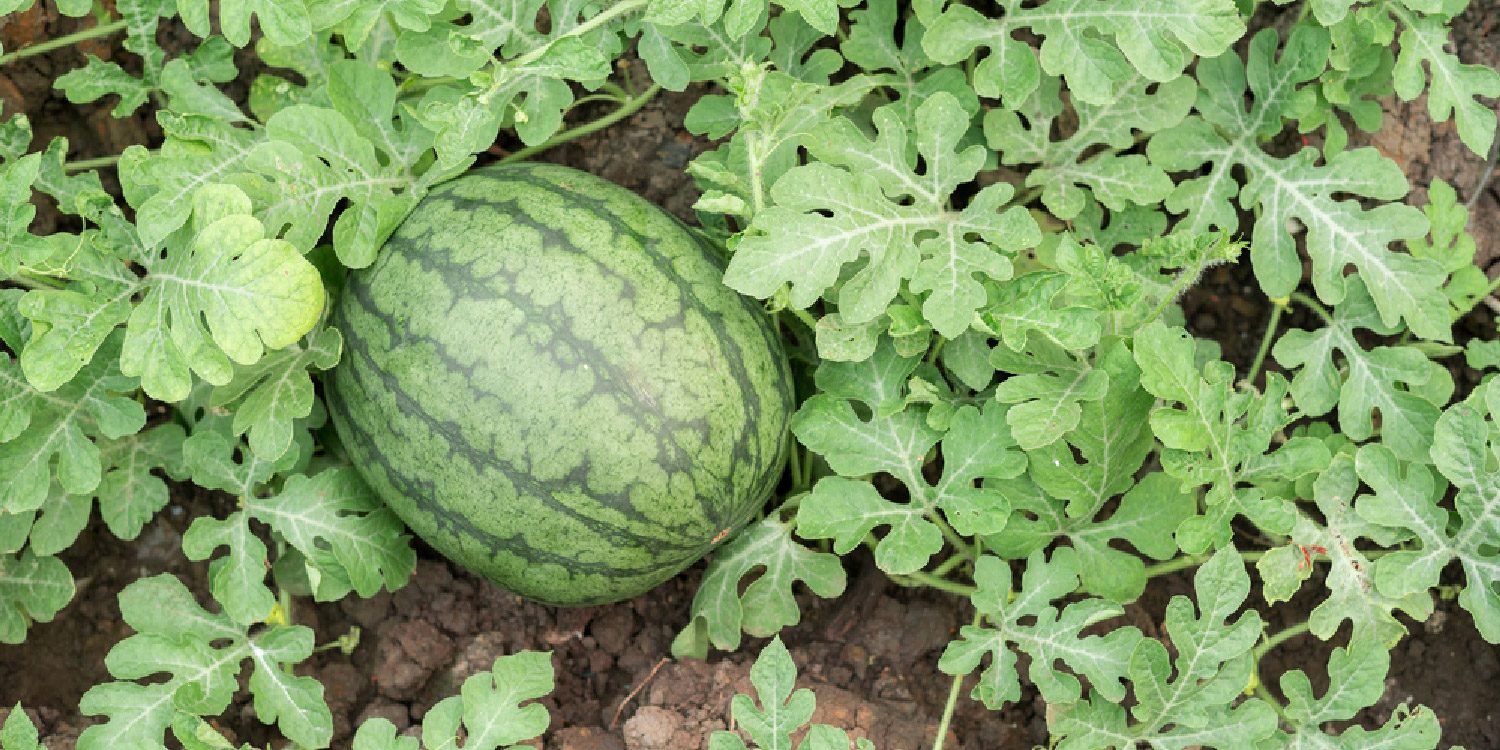Research featured in the latest edition of the journal Weed Technology recommends that the herbicide bicyclopyrone, now used in corn, be registered for weed management in watermelon crops as well.
Weeds are a major issue in watermelon production. One contributing factor is the wide spacing required around seedlings. When large areas of the field are bare early in the growing season, weeds can become established and outcompete the crop. Studies have confirmed yield losses of up to 82 percent.
A team of researchers recently set out to determine whether bicyclopyrone, an HPPD inhibitor, could be used in watermelon. If so, it would provide an alternative for extended residual weed control via a new site of action — allowing growers to rotate herbicides and reduce selection pressure for resistance.
A two-year field study evaluated the impact of bicyclopyrone on watermelon plants and the yields produced. Treatments were applied to crop beds one day before transplanting and two weeks after. Additional directed treatments were applied at the two-week mark to row middles, avoiding contact with watermelon vines and the surrounding polyethylene mulch.
Researchers found that a small percentage of watermelon plants treated with bicyclopyrone exhibited foliar bleaching and crop stunting, but the symptoms subsided over time. Watermelon yields, marketability and fruit size were unaffected.
“Our research shows that registration of bicyclopyrone for use in watermelon would provide growers a safe alternative for chemical control of many common and troublesome broadleaf and grass weed species,” says Matthew Bertucci of North Carolina State University.
Credit: www.sciencedaily.com

